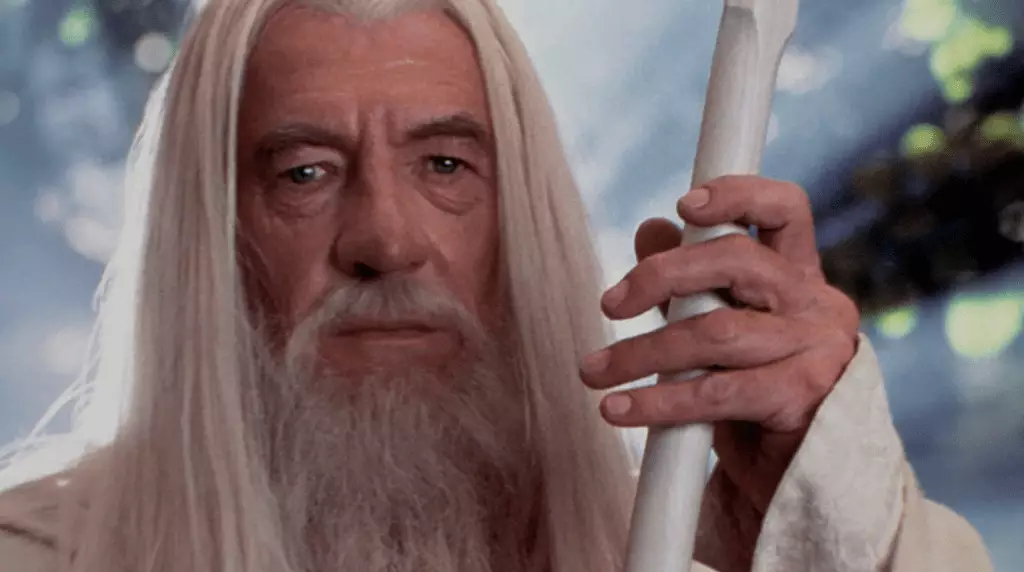Sir Ian McKellen’s impassioned encouragement for young gay actors to embrace their true identities is more than just an invitation to come out; it is a powerful statement against a culture that often pressures individuals into silence. In an age where representation matters, his discussion highlights a crucial aspect of personal and professional life. McKellen, an iconic figure known for his roles in blockbuster franchises, underscores the necessity of authenticity, drawing stark parallels with the world of sports where athletes, particularly in the UK’s Premier League, face similar pressures.
The reluctance of individuals to step into the light of their true selves can result from deeply ingrained societal norms and a persistent stigma. McKellen’s assertion that “there’s no need for it” (referring to the closet) is both liberating and thought-provoking. It sends a clear message: the burden of shame is one that no one should have to bear. His advice to young actors to prioritize their own hearts over the cold calculus of career advice aligns with a growing cultural shift that values vulnerability and honesty.
The Unchanged Landscape of Acceptance
Despite the progress made in LGBTQ+ visibility, McKellen’s lamentation regarding the absence of an openly gay best actor Oscar winner is telling of the broader landscape of acceptance. It reflects the paradox of progress—while society, particularly in the UK, has become increasingly tolerant, there remain systemic roadblocks that continue to hinder full acceptance. This dissonance is not just a problem in Hollywood; it resonates across industries, particularly in sports, where the normative expectations of masculinity can be toxic.
In the realm of professional football, McKellen’s insights reveal a fear that is perhaps perpetuated by commercial interests. The notion that advisors and agents prioritize financial gain over the mental health and personal satisfaction of their clients underscores a critical issue: profit versus authenticity. The fear that the first openly gay Premier League player might somehow diminish public interest is a miscalculation; rather, McKellen posits, that individual would likely ascend to iconic status.
A Historical Perspective
Reflecting on McKellen’s own journey, he came out in 1988, a time when public sentiment towards the LGBTQ+ community was far less forgiving. His role in Marlowe’s play, where he portrayed a gay monarch, aligns with the notion of art as a precursor to societal change. The historic first televised male same-sex kiss showcased not just a moment in media, but a potential trajectory for broader acceptance.
McKellen’s narrative reverberates with the experiences of countless individuals who grapple with their identities. It exhorts a sense of urgency among young actors navigating similar crossroads today: embracing their truth will not only uplift their careers but can also serve to challenge the very fabric of how society defines success and masculinity.
In an industry rife with contradictions, McKellen’s ultimatum is clear—true power lies in authenticity, and the brightest stars are those brave enough to shine unapologetically. Emerging actors are standing on the precipice of change; they must choose to leap into the light rather than remain in the shadows.

